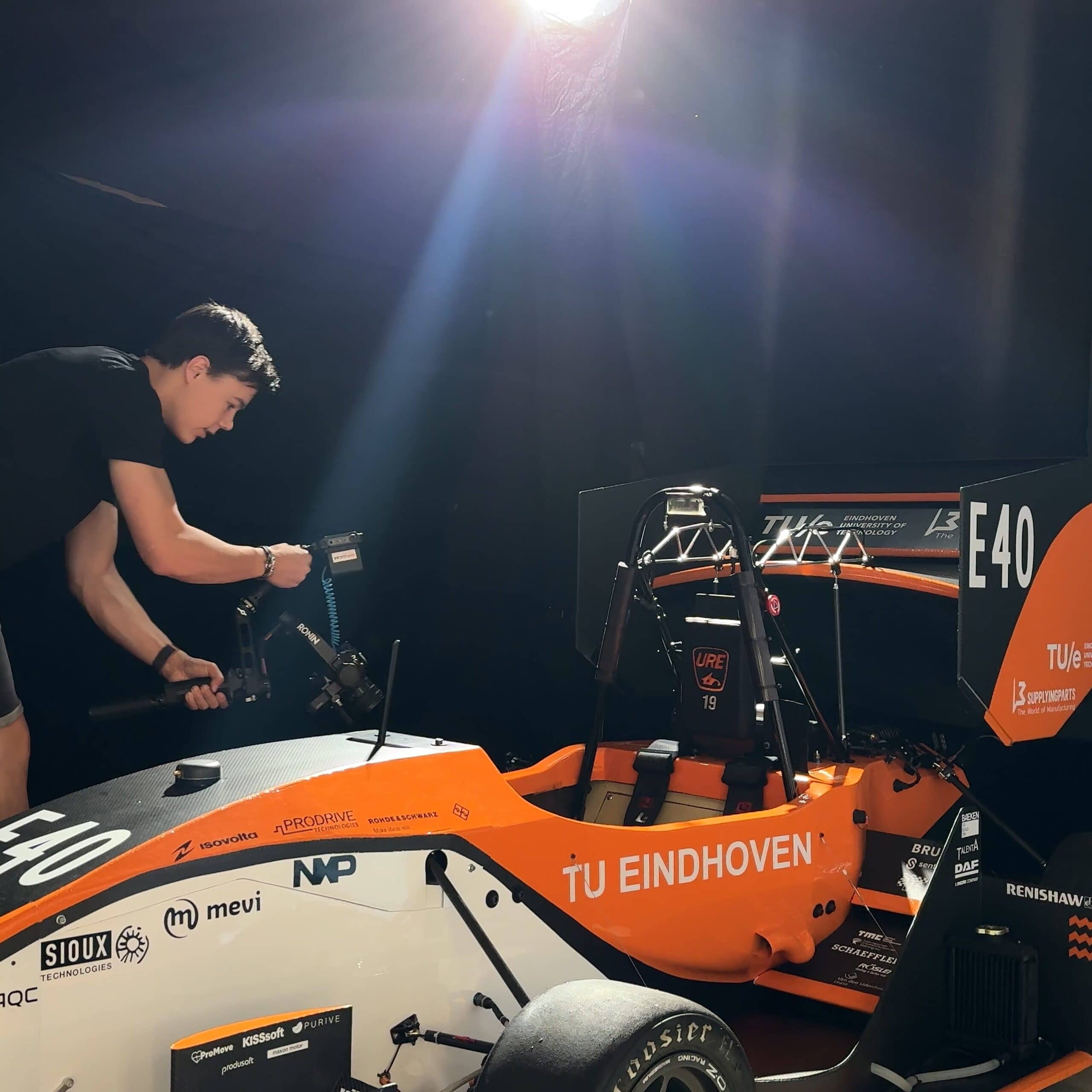A special collaboration in Dutch education: ten educational institutions in Brabant are joining forces to make student teams widely accessible to all students. Four mbo, four hbo and two wo institutes have signed a covenant to this end, heralding the largest Dutch cooperation in the field of student teams. This cooperation is supported by BOOST, the Brabant Support Organisation for Student Teams, which is led by five students. Together, they are creating a network for innovation and talent development in the province of North Brabant. Thanks to this widely supported covenant, it is possible for over 100,000 Brabant students to participate in student teams.
Education as a fan, not a ladder
There have long been calls for abandoning terms such as ‘lower educated’ and ‘higher educated’. Education should be approached as a range of talents and perspectives, both practical and theoretical.
But making that vision a reality requires cooperation across traditional boundaries. With this covenant, the 10 institutions are putting that vision into practice. They agree to jointly build a Brabant-wide ecosystem of student teams over the next five years. The best-known example of such a student team is Solar Team Eindhoven, which repeatedly became world champion in Australia with their self-developed solar cars.

This structural cooperation will make it possible to tap into the full spectrum of student talent, regardless of discipline or level of education. Whether students specialise in marketing, design, healthcare, engineering, law or another field, and whether they study at an MBO, HBO or WO institution, from now on they can all participate in and benefit from student teams throughout Brabant. In the coming years, it will, for example, become easier for students to join teams from other educational institutions, or to take minors and internships through these teams as part of their studies. Student teams can also act as principals for students from other schools and participate in joint recruitment events between institutions. The aim is to create sustainable connections between educational institutions, better equip teachers to supervise student teams, and invest permanently in interdisciplinary cooperation.
“The future of education lies in blurring the boundaries between mbo, hbo and wo,” says Ewout Hulscher, education manager at BOOST.

“Students need to meet, collaborate and learn from each other. This covenant lays the foundation for a growing ecosystem of multidisciplinary teams in Brabant, where the talents of the future are formed.”
Provincial network
What once started at Eindhoven University of Technology is now growing into a provincial initiative. The 10 institutions that have signed the covenant are: Summa, SintLucas, Ter AA, Koning Willem I College, HAS green academy, Breda University of Applied Sciences, Avans Hogeschool, Design Academy Eindhoven, Technical University Eindhoven and Tilburg University. Over the past two years, they have worked with BOOST to establish this cooperation. The covenant forms the foundation for further growth: more student teams, more diversity within teams, and a stronger connection of the range in Brabant.
Unique in the Netherlands
“In Brabant, we work on smart solutions for today’s and tomorrow’s challenges. Our MBOs, colleges and universities are bursting with talent and innovation. As a province, we like to stimulate that brainpower and the guts of students,” says deputy Martijn van Gruijthuijsen (Economy, Talent Development and Finance).
“Nice that BOOST is committed to all students from all educational institutions in Brabant. So many educational institutions working together, that is unique in the Netherlands. It gives all students the opportunity to join a team or start one themselves. This is how we build the talent and the economy of the future together.”
BOOST is also enthusiastic about the result. Over the past two years, the student-led organisation has worked intensively with the institutions involved to make this covenant possible. “It is great to see that this effort has now paid off in the form of a joint covenant,” Hulscher concludes. “In it, we agree to work together structurally to strengthen student-driven innovation, including by lowering thresholds for collaboration between students with different educational backgrounds, appointing a coordinator as a permanent point of contact and jointly developing a shared vision of talent development. We look forward to involving all educational institutions in Brabant in this unique partnership in the future.”

